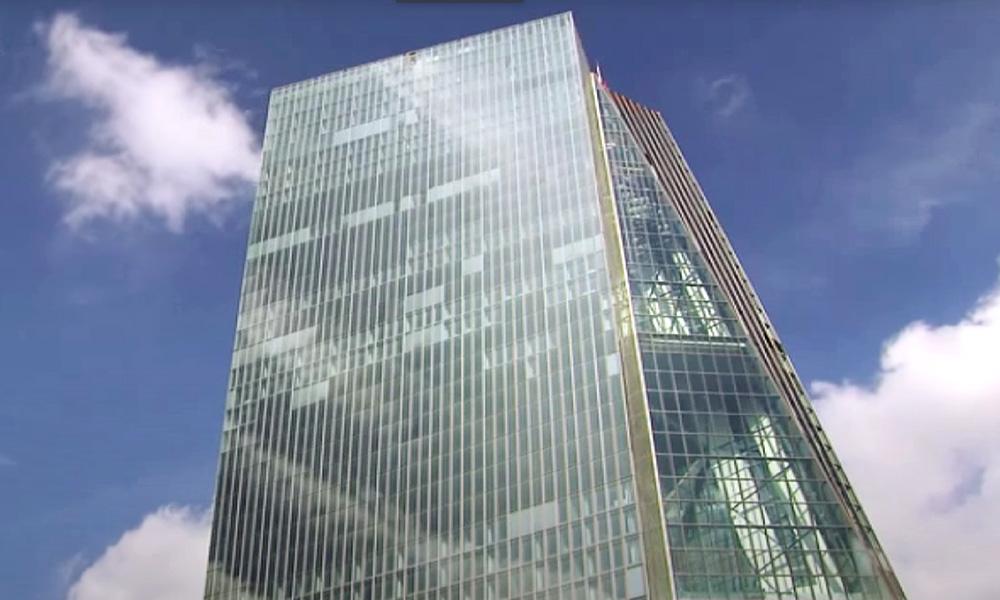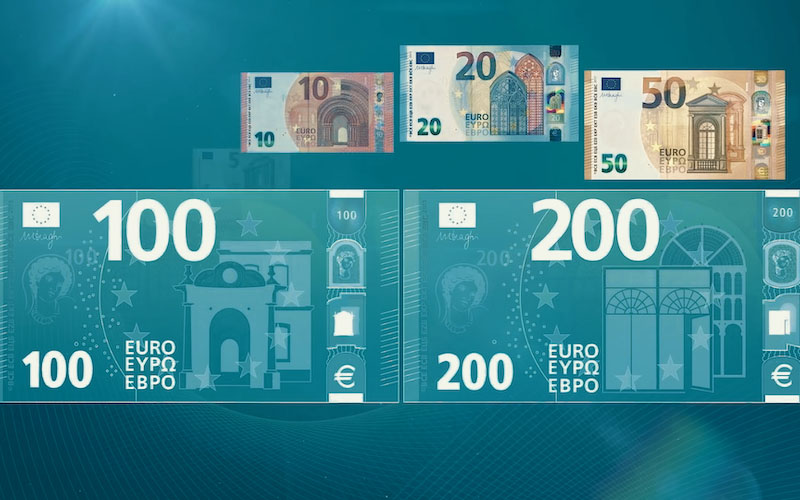Lagarde walks a tightrope! As France plunges into debt, will it force the ECB to rescue it?
2025-09-11 16:35:06

In addition to the latest Governing Council decision, the former French finance minister also had to deal with awkward questions about the situation in her country. Holger Schmieding, chief economist at Berenberg Bank, said she faced a difficult balancing act: avoiding suggesting the ECB might "bail out an unrepentant fiscal offender" while also being careful not to alarm bond markets, which still give France a "presumption of good faith."
Based on new forecasts that show continued moderate growth expectations, the market generally expects the ECB to keep the deposit rate at 2% again . The market sees little chance of further rate cuts and expects rates to start rising again in early 2027.
The debt quagmire and the risks of “fiscal dominance”
HSBC economist Fabio Balboni warned that Lagarde needs to manage market expectations carefully, and completely ruling out the possibility of a rate cut could lead to higher borrowing costs for the entire eurozone (including France).
"Many European countries are facing severe fiscal challenges, especially France, and these countries simply cannot afford the fiscal pressure of continued increases in interest payments alone ," said Balboni.
The situation Balboni described is what economists call "fiscal dominance" — a situation where central banks are forced to keep interest rates low to ensure the government can continue borrowing. Such interventions typically boost inflation in the short term.
Debt was at the heart of the French government's collapse on Monday , with Prime Minister François Bayrou failing to secure enough support for €44 billion in budget cuts for next year. However, despite initial panic over Bayrou's call for a fateful vote of confidence, investors generally remained calm.
Markets are alert but not panicking, and France's position is undermined
The yield gap between French and German 10-year government bonds, a barometer of market pressure, has reached 0.82 percentage points, its highest point this year. But the current situation is more like a slow deflating tire than a sudden blowout, partly because President Emmanuel Macron, who has appointed another centrist prime minister, is still struggling to build consensus on his deficit reduction plan rather than calling new elections.
This country, which has always used Germany as a benchmark for its economic and financial strength, is now being viewed by the market as akin to Italy due to growing political deadlock and rising debt. On Tuesday, borrowing costs in Paris surpassed those in Rome for the first time this century. Although the change was brief due to a technical anomaly, it shows that France's public debt burden of over 3.35 trillion euros may make it increasingly vulnerable to financial crises .
The ECB’s “secret weapon”: the ambiguous TPI tool
Under Lagarde, the ECB has authorized itself to intervene in bond markets when it deems irrational market fluctuations are hindering the effectiveness of interest rate policy transmission - a mechanism it calls the "monetary policy transmission protection tool."
The ECB established operating rules for using this tool during the 2022 pandemic, when investors last panicked over the size of the eurozone budget deficit.
Most analysts, including Patrick Sanner of Swiss Re and Marco Valli of UniCredit, believe the situation is far from severe enough to warrant the TPI. However, uncertainty remains because the TPI's intervention criteria are deliberately vague, giving the ECB full discretion over when and how to use it.
At least in theory, TPI allows the ECB to purchase eurozone government bonds without restrictions as long as the following three conditions are met: market pressure constitutes "unreasonable fluctuations", intervention will not trigger inflation risks, and the target country is not subject to the EU's excess deficit procedure.
The threshold for intervention is difficult to predict, and there are divisions within the ECB.
The last criterion would exclude France from intervention, but policymakers were careful not to overthink it, emphasizing that the criteria served only as a “reference” for the decision-making process.
No one is sure what the ECB's pain threshold is. Hawkish figures such as Isabel Schnabel, the ECB's head of markets, believe that discussing launching the TPI at this time is "far-fetched" because the problems in Paris "have not had a wider knock-on effect on the euro."
Gilles Moec, chief economist at AXA, agreed: "If the problems in the stressed member states do not spill over to other eurozone countries, the ECB will have to at least build a majority consensus in the Governing Council - and using new tools will be difficult."
Lagarde's past experience and cautious stance
Moreover, there are no signs that bond market conditions are actually harming economic growth: the Bank of France predicted on Tuesday that the country’s economy would grow by a respectable 0.3% this quarter.
Yet deep concerns about bond markets suddenly spinning out of control persist. Last year, Bank of Italy President Fabio Panetta warned the ECB should be “prepared to respond to the consequences of heightened political uncertainty in various countries” – a situation similar to France’s current one.
The topic of interest rate differentials is particularly sensitive for Lagarde. During the pandemic, she rashly stated, "The ECB does not exist to narrow interest rate differentials," sparking market panic. As Rabobank economist Bas van Hoeven put it, "She won't make the same mistake again."
In an interview with Classique radio last week, the ECB president appeared to strike a balance: he said he was “closely monitoring” fluctuations in interest rate differentials, but also urged the Paris authorities to “coordinate efforts to put public finances in order”.
- Risk Warning and Disclaimer
- The market involves risk, and trading may not be suitable for all investors. This article is for reference only and does not constitute personal investment advice, nor does it take into account certain users’ specific investment objectives, financial situation, or other needs. Any investment decisions made based on this information are at your own risk.





















